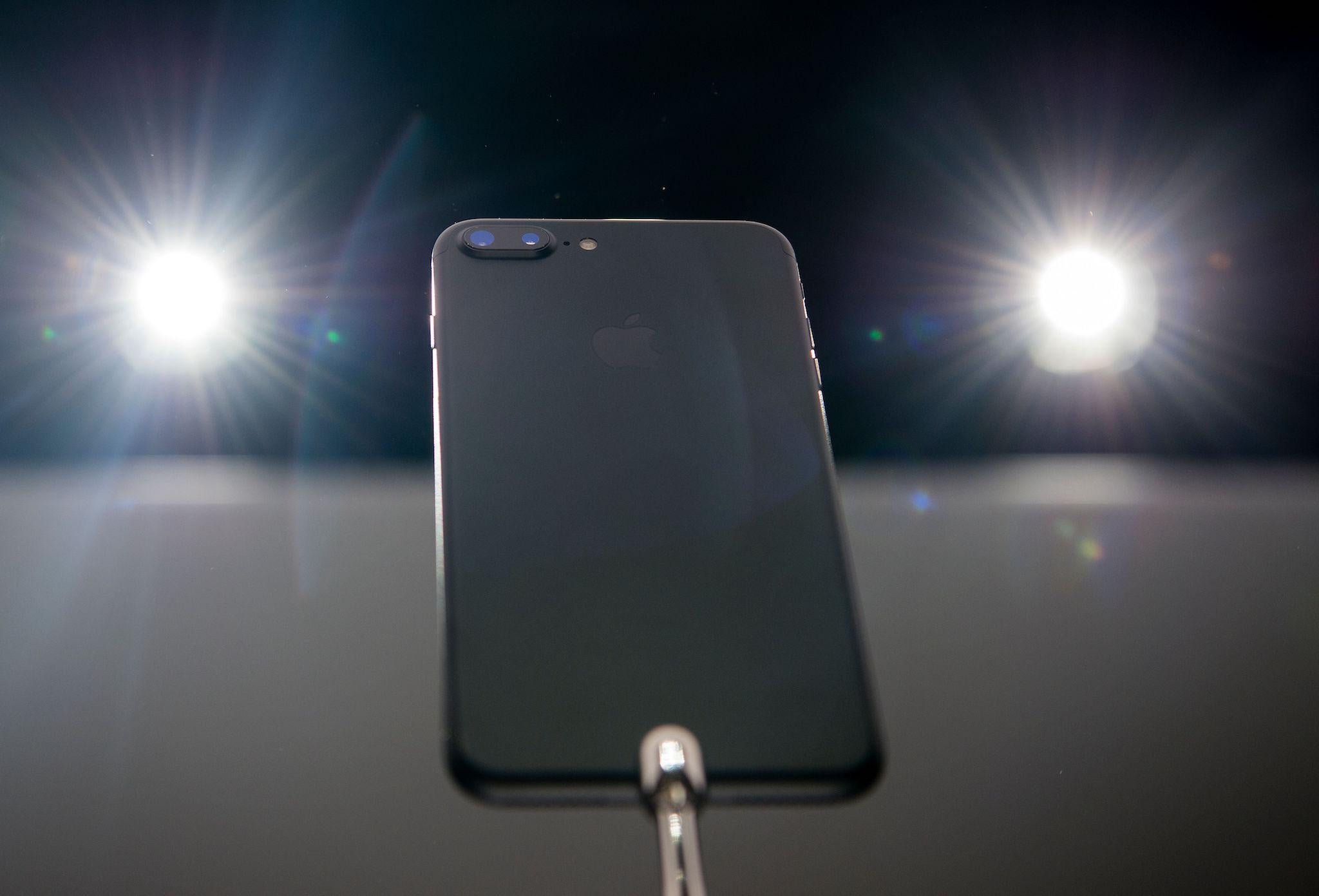Friends before food: why technology is more important than groceries for the cash-strapped
Too much month at the end of your money? You're more likely to cut back on food than your mobile or internet to make ends meet. But could it be a more sensible decision than it seems?

When money worries strike, it's not long before we start looking for expensive habits to jettison. Eating out, clothes, going to the cinema or the theatre are quick to go, and for a surprisingly high number of Brits, so is food shopping.
In fact, more people will cut back on on groceries for themselves and their families than would be willing to part with paid for TV, internet access and, in particular, mobile phones.
The numbers unwilling to be parted from their flat-screens and smart devices is growing every year, according to research into the relationship between spending and happiness by Sunlife.
Just 8 per cent of us would be willing to give up our mobile phones if our finances became overstretched today, half the number who were prepared to do the same just a year ago. (A quarter would instead cut back spending on clothes and shoes and more people would rein in "real" food spending than would reduce buying takeaways.)
The findings could simply be seen as yet more evidence of an unhealthy addiction to technology, but psychology experts suggest these could actually be rather more sensible personal choices than they appear.
"This research suggests people are deciding to prioritise mental over physical wellbeing," says Claudia Hammond, a lecturer in psychology for Boston University in the UK and author of Mind over Money: The psychology of money and how to use it better.
"It's quite a rational decision if you know you are likely to be unhappy without your mobile or internet – if you know you are spending the money on the experience of being in touch with your friends.
"In some ways these spenders are being very sensible in using their money in this way, because we get much more out of experiences than, for example, objects. First there's the joy of anticipation, then there's the experience itself, followed by the recollection of the experience, leading to a higher level of emotional wellbeing," she explains.
"It's especially true if you've paid for something in advance and can divorce the cost from the pleasure of having it."
At the other end of the affordability scale, when there's a little cash left over, Brits are once again keen to make the most of life. Unsurprisingly, those ranking highest on the Cash Happy Happiness index coincide with those who have a few pounds spare at the end of the month, splashing it on experiences including bowling, the theatre, sports and hobbies, music events, and, somewhat curiously, newspapers and magazines.
Meanwhile, even with a quarter of British households currently living in the red and a low interest rate environment giving us precious little back, we are still committed to adding to cash savings above a whole host of other optional spends – including technology.
“According to our study, spending money on mobile phones and the internet does not make us as happy as saving," notes Ian Atkinson of Sunlife. "So while we would rather cut back on savings than technology or our morning coffee, saving actually makes us happier and gives us long-term financial security, so would only really be considered as a sacrifice as a last resort.”
For those with particularly serious financial concerns, however, food isn't the place to start cutting back. “Huge numbers of people in the UK face financial pressures, and the most important thing that someone struggling with debt or with serious financial difficulties can do is to make sure that they prioritise their essential bills, not the company shouting the loudest for payment,” warns Edward Ware of debt charity StepChange.org.
“Too often we see people trying to make repayments on credit cards, loans and getting behind on essential bills or cutting back food and other essentials.”
Subscribe to Independent Premium to bookmark this article
Want to bookmark your favourite articles and stories to read or reference later? Start your Independent Premium subscription today.

Join our commenting forum
Join thought-provoking conversations, follow other Independent readers and see their replies